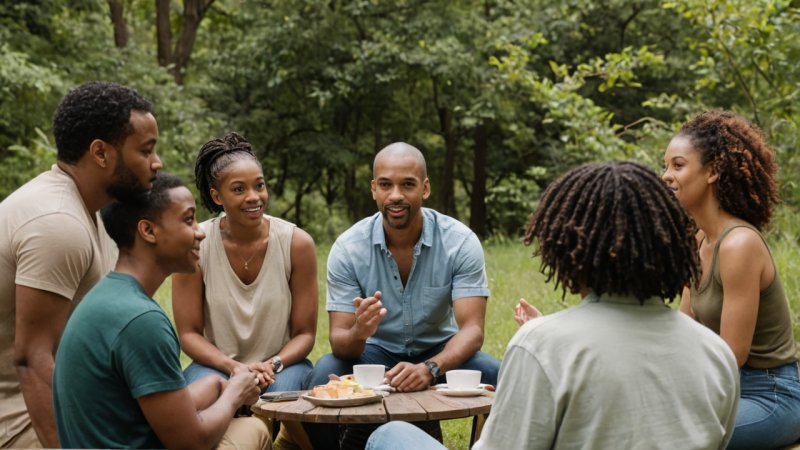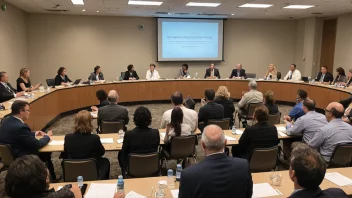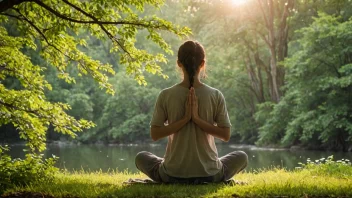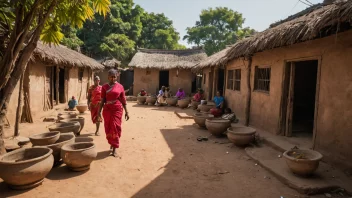In an increasingly diverse world, fostering spiritual conversations within communities can be a transformative way to build understanding and connection. Spirituality often shapes our values, beliefs, and interactions, and recognizing this can pave the way for deeper dialogues that transcend cultural boundaries.
One of the key aspects of fostering these conversations is to create a safe and inclusive environment. This involves actively listening and being open to different perspectives. When community members feel safe to express their beliefs and experiences, it encourages richer discussions that can lead to greater empathy and understanding.
Engaging in spiritual conversations also requires a willingness to ask open-ended questions. Instead of making assumptions about others’ beliefs, individuals can inquire about each other’s spiritual journeys, practices, and the role spirituality plays in their lives. Questions like, “What does spirituality mean to you?” or “How has your faith influenced your life decisions?” can open the door to meaningful exchanges.
Moreover, organizing community events that celebrate various spiritual traditions can significantly contribute to fostering these conversations. Such events can include workshops, panel discussions, or interfaith dialogues where individuals from different backgrounds share their stories and insights. These gatherings not only provide a platform for dialogue but also reinforce the idea that diversity in spirituality enriches the community as a whole.
Another important aspect is education. Providing resources and educational opportunities about different spiritual beliefs can demystify misconceptions and promote respect among community members. Book clubs, discussion groups, and seminars focusing on various spiritual texts or philosophies can encourage individuals to explore and reflect on their own beliefs while gaining insights into those of others.
Furthermore, incorporating community service initiatives that align with spiritual values can strengthen bonds among participants. Activities such as volunteering together for a common cause can foster a sense of shared purpose and unity, regardless of individual spiritual beliefs. Through collective action, community members can witness firsthand the positive impact that spirituality can have when expressed through service to others.
Lastly, it’s essential to be patient and persistent. Building a culture of open spiritual dialogue takes time and effort. Community leaders and members should be encouraged to continually engage in these conversations, fostering a climate where spirituality is viewed as a valuable asset rather than a divisive topic.
In conclusion, fostering spiritual conversations in diverse communities is a powerful way to promote understanding, empathy, and unity. By creating safe spaces, asking open-ended questions, organizing inclusive events, providing educational resources, and engaging in community service, individuals can help cultivate a rich tapestry of spiritual dialogue. Ultimately, these efforts can lead to a more harmonious society where every voice is valued and heard.






